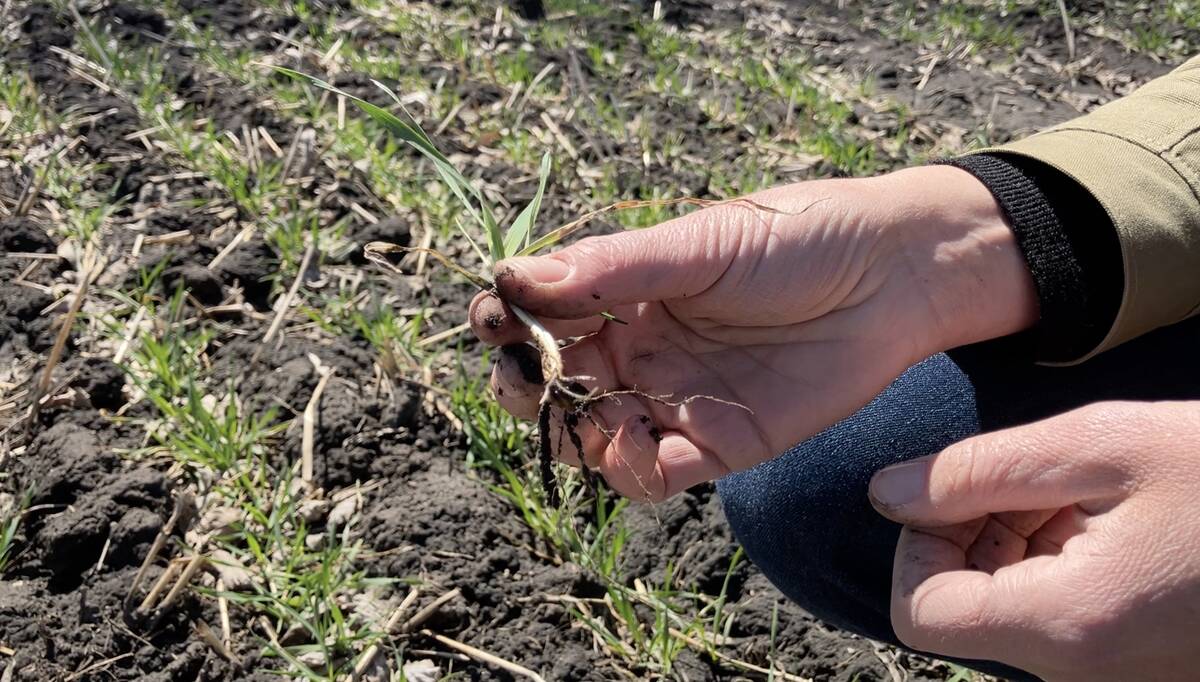Canada’s pulse exports to China could take a big jump, following that country’s recent elimination of a major trade barrier to peas and other legume crops.
China announced last week it had removed the maximum limit for selenium in imported food, a restriction that hampered sales of Canadian dry field peas to the Asian country.
As a result, annual export sales of peas to China of 1.5 million tonnes – more than 2.5 times the current figure – is “a number that could certainly be possible,” said Carl Potts, market development director for Pulse Canada.
Read Also

Manitoba farmers wary of research hit after AAFC cuts
Agriculture and Agri-Food Canada cuts claim Portage la Prairie research farm; Manitoba farms groups wrestle with potential impact.
Potts said China has had maximum selenium limits in food imports for over 40 years but only started enforcing them in 2006. Some soils in Western Canada are high in selenium, a trace mineral, which translates into high selenium levels in cer tain crops.
China’s maximum selenium limit of 0.3 parts per million (ppm) for pulse crops was especially restrictive. This particularly affected dry peas, Canada’s main pulse export to China.
China is Canada’s third-largest pulse export market after India and Bangladesh. Canadian pulse exports to China grew from 50,000 tonnes in 2002 to 586,000 tonnes in 2010. Nearly all of it was dry peas.
Potts said a complete shutdown of pea exports in 2006, when China began enforcing its selenium limits, was only temporary. After several months, China agreed to admit dry peas if used only for starch noodle purposes or livestock feed.
But peas could not be used for higher-value products such as snack food or flour, which is what Chinese importers were interested in, he said.
Now that they can be used in human food, peas from Canada stand to gain a piece of China’s 30-million-tonne commercial flour market, said Potts.
“If you were to look at even a very, very small slice of a 30-million-tonne flour market, that can begin to translate into very significant increases in terms of the tonnage of pulses from Canada.”
But Potts said it was premature to set specific goals for pea exports to China, now that the selenium limits are off.
Pulse Canada is engaged in market development with North American and European companies to expand the use of pulse flour in food products. That will create opportunities for using peas and other pulses in different food applications, Potts said. [email protected]














